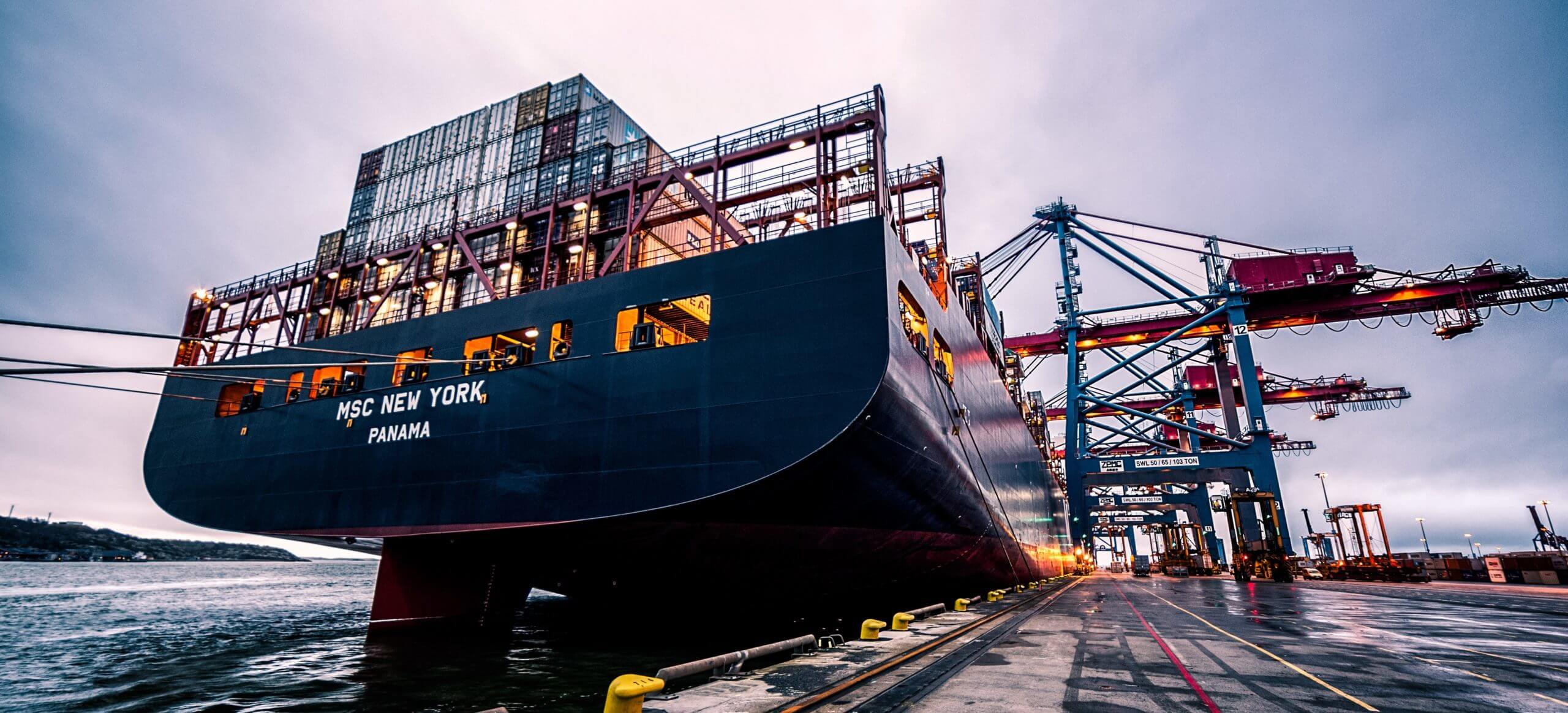Now that hybrid and remote working patterns are going to be the long-term solution for many, we’re hearing from clients that their businesses want to provide more formal support for their managers.
While we have faced significant challenges during the pandemic and adapted to these pretty quickly, as we start to emerge into the ‘new normal’, more and more workers are opting for a hybrid option (spending some time in the office and some time working remotely) rather than going back into the office full time.
A recent poll by a Spinnaker consultant on LinkedIn showed that just 11% of his network surveyed would want a full return to the office – and this brings its own set of challenges for managers.
Good managers want to get the best of their people no matter where they’re working, but at the moment they’re stretched and are seeking practical, time efficient solutions that will enable them to support their teams as these working environments continue to shift and change.
How often should you check in with your staff? How flexible are you expected to be? How can you ensure remote work is outcome focused? What tech and resources do you have in place? How will you know you’re getting it right?
Here at Spinnaker, we provide support for leaders to help answer these questions, giving practical content and guidance on clarifying expectations with staff, and helping build confidence and competence in the world of remote working.
Our Remote Working ‘Stackables’ are designed to be an accessible solution for managers with busy diaries. These are one-topic focused sessions that are 60-90 minutes in length, interactive and practical. The sessions work as standalone items or collectively (in any order). Ideally suited to groups of 10 managers, the five topics covered are: Managing Performance, Aligning and Managing Expectations, Boundaries, Keeping Connected, and Personal Style.
Sarah Hutley, Reward Manager at Spinnaker said “Some managers have adjusted fantastically to the virtual working world, others have found it tough. The problem is, as HR professionals we don’t always know which managers need the support. This is an efficient and targeted way to make sure all of your managers are equipped to handle quality conversations within their teams, and ultimately ensure the success of these new hybrid working models.”
If you’d like to know more, please contact Sarah at [email protected]


